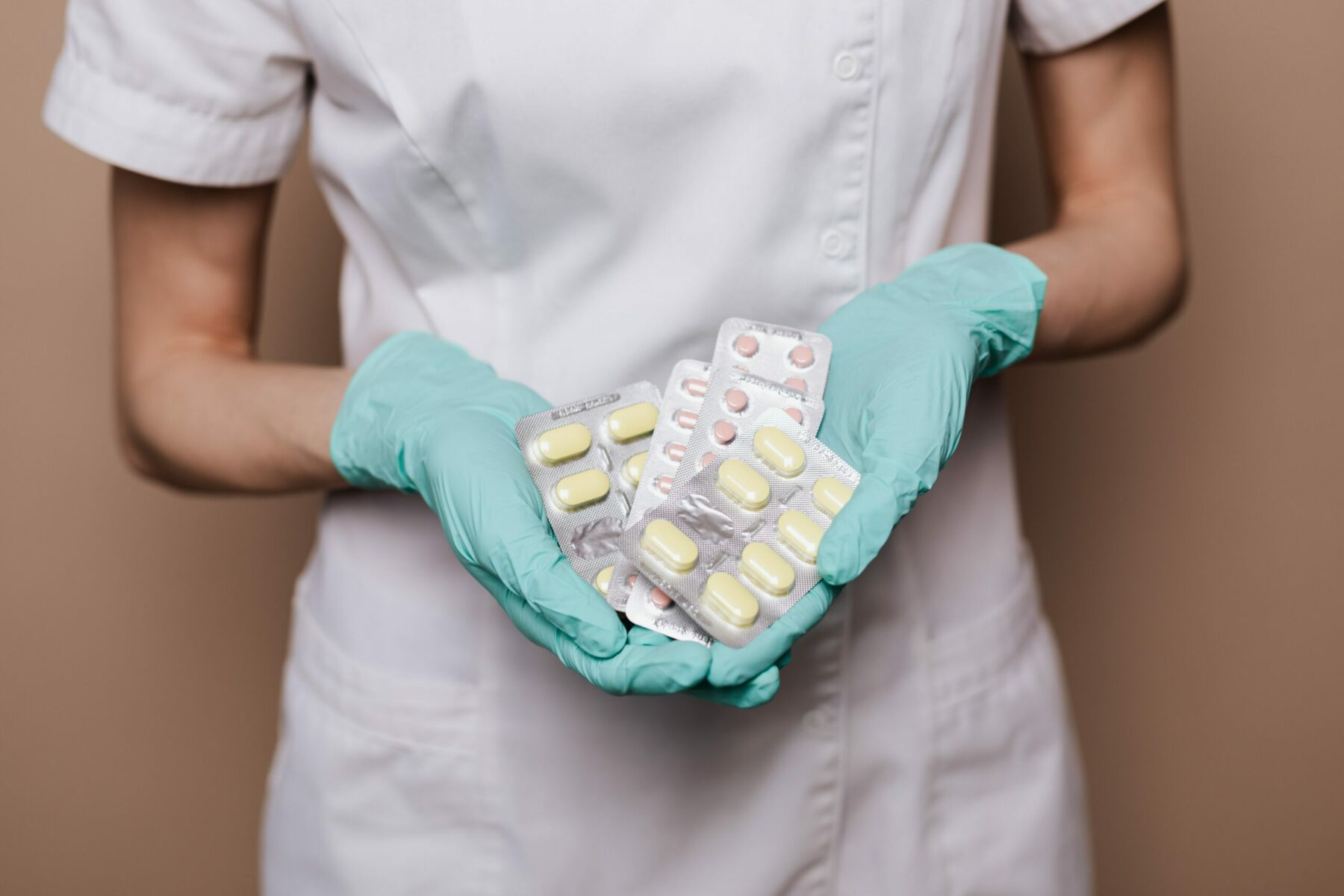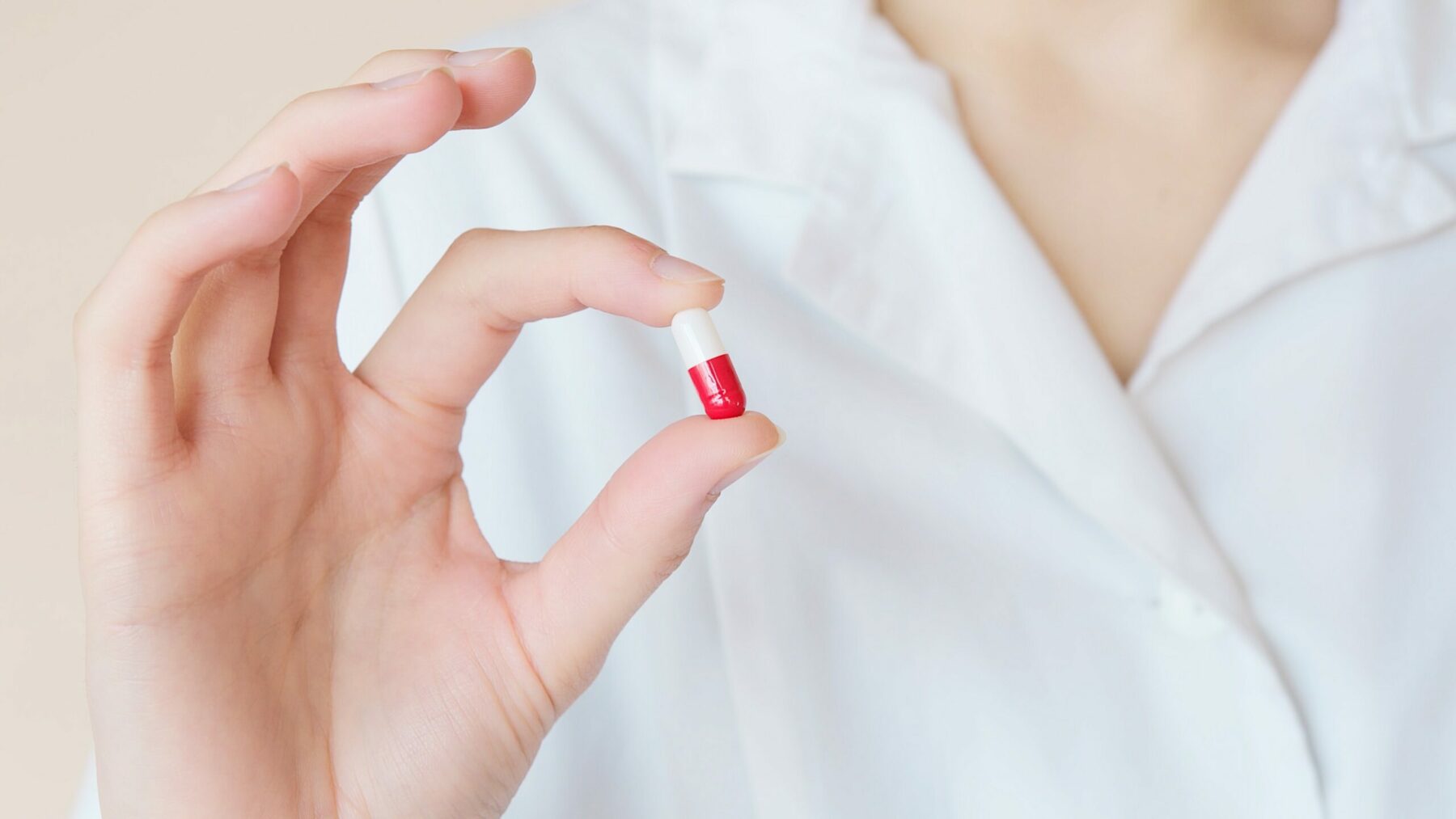Why Medical Professionals Are More Vulnerable to Substance Abuse

If there was ever any doubt that doctors, nurses and other healthcare workers were superheroes, the COVID-19 pandemic put those doubts to rest. During the most urgent and pervasive public health crisis of our time, when simply being around our friends, neighbors and fellow community members was a fundamental danger to our health and survival, these professionals suited up (when protective gear was available) and showed up to care for others. Their contributions literally saved millions of lives and continue to do so every day.
Every superhero, however, has their weakness. Long hours, impossible workloads, intense life-or-death pressure and easy access to drugs render medical professionals particularly vulnerable to substance use disorder. To compound this issue, the problem can often go undetected for years as they dispense care to patients while in compromised or impaired states. In addition to the person struggling with substance use, addiction in the medical community has a ripple effect on patients, colleagues and families.
Rates of Addiction Among Doctors and Nurses
Data from the National Council of State Boards of Nursing (NCSBN) indicates that around 10% of nurses in the United States struggle with drug or alcohol dependency. Rates of addiction among doctors are similar, hovering between 10 to 12%. Rates for support staff generally linger between 10 to 15%, depending on a variety of factors. Rates are highest in areas of anesthesiology, general surgery and psychiatry. While the rates, at large, are not that much higher than the general population, the stakes can be exponentially higher and can even lead to serious injury and fatality if not caught and addressed soon enough.
What Are Rates of Addiction in the Medical Profession?

There are multiple factors that lead to escalated rates of substance use disorder in the medical community. A 2013 study in the Journal of Addiction Medicine revealed that 69% of doctors abused prescription medicine “to relieve stress and physical or emotional pain.”
Unsurprisingly, prescription rates like opioids, benzodiazepines (benzos), amphetamines and others are among the most abused by the medical community. Some use these drugs to self-medicate for pressure and anxiety; others use them to cope with pain from the rigors of daily work in the medical field, whether it’s operating on patients or performing the physically taxing duties that nurses perform day in and day out.
Addressing Addiction in the Medical Community
When doctors and nurses struggle with addiction, they need specialized care that can address the unique nature and origins of their substance use. This includes medication-assisted treatment for opioid use disorder, medically supervised detox, and intuitive behavioral rehabilitation and counseling. As healers themselves, it can be very hard for medical professionals to admit they’ve lost control and have succumbed to substance use.
Rehab must address the specialized sense of denial and illusion of control that doctors and nurses often have when they develop substance use. There should also be mechanisms in place to help restore licensure if they’re facing disciplinary action. Everyone deserves a second chance, including the people who save lives on a daily basis.
About the Author

Dominic Nicosia is a New Jersey-based journalist and content writer covering addiction care and mental health. He currently serves as Senior Content Writer for Recovery Unplugged Treatment Centers, a national addiction treatment organization that offers a full continuum of care and uses music to help people more readily embrace the treatment process.






